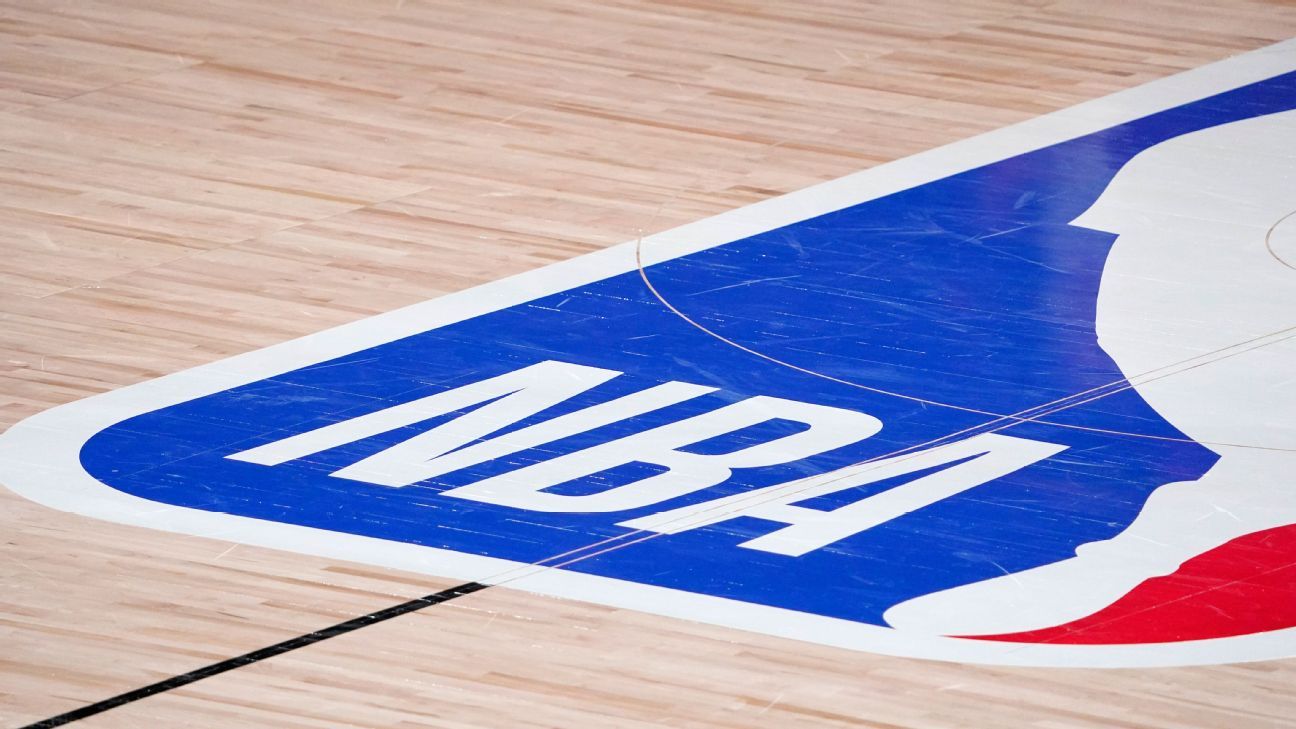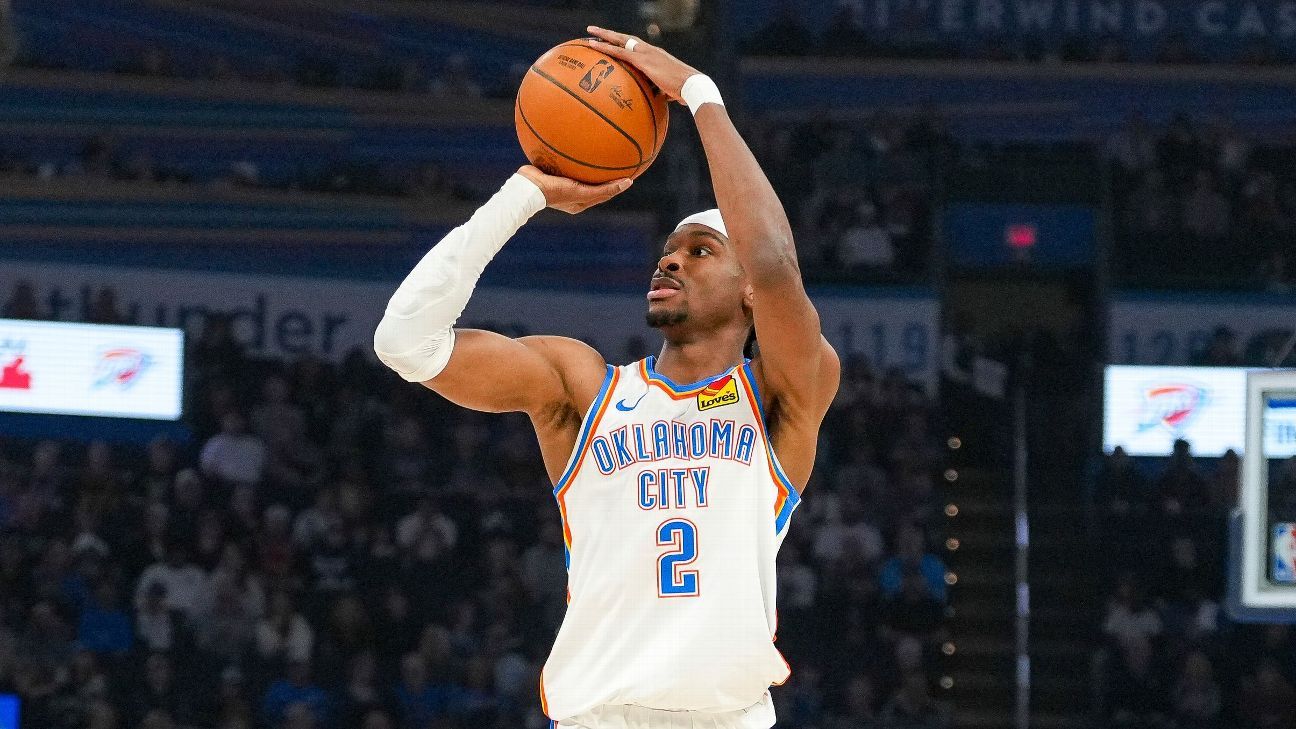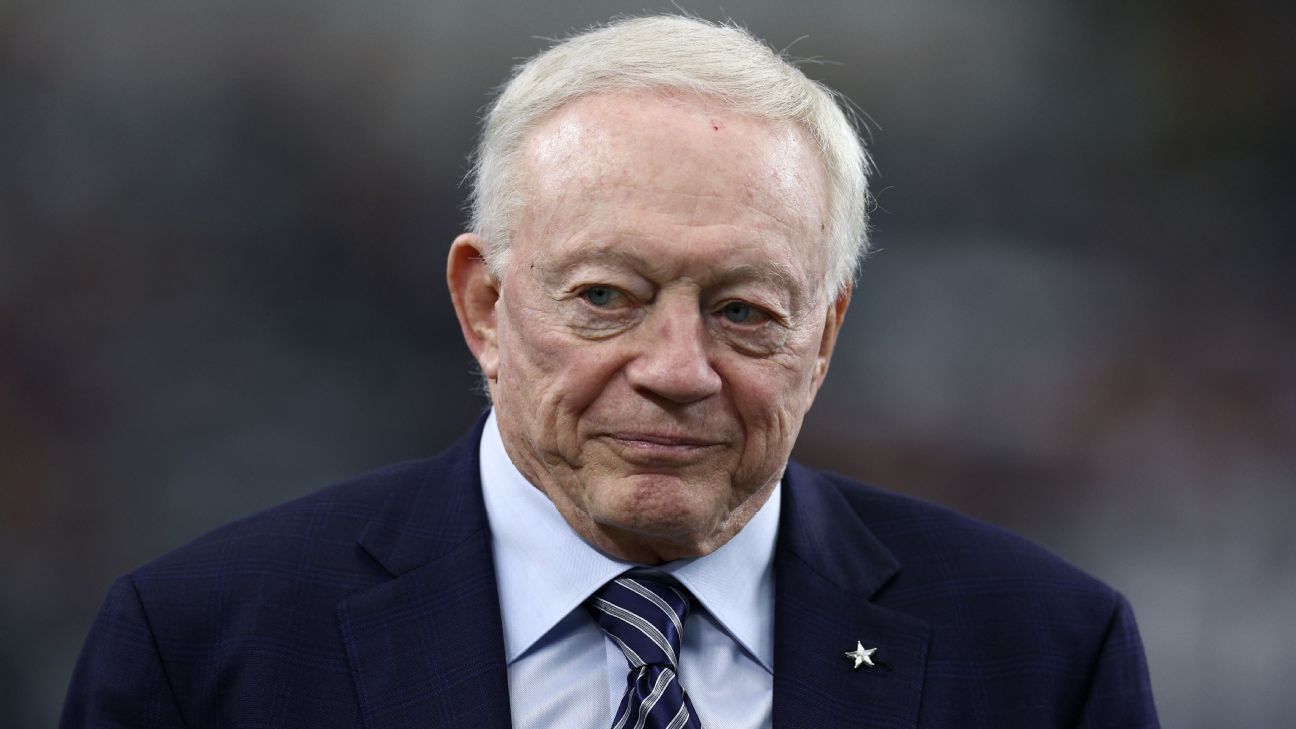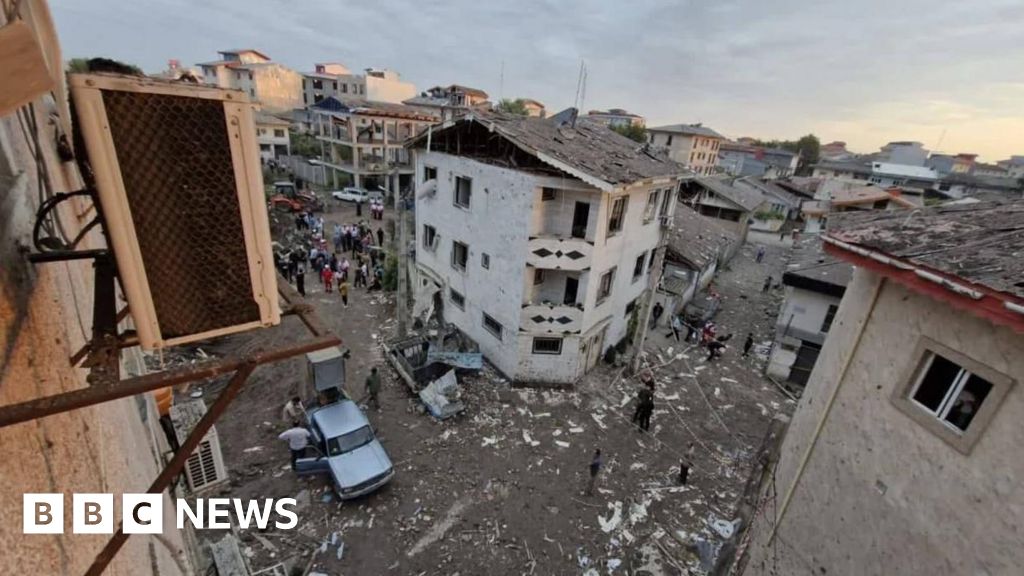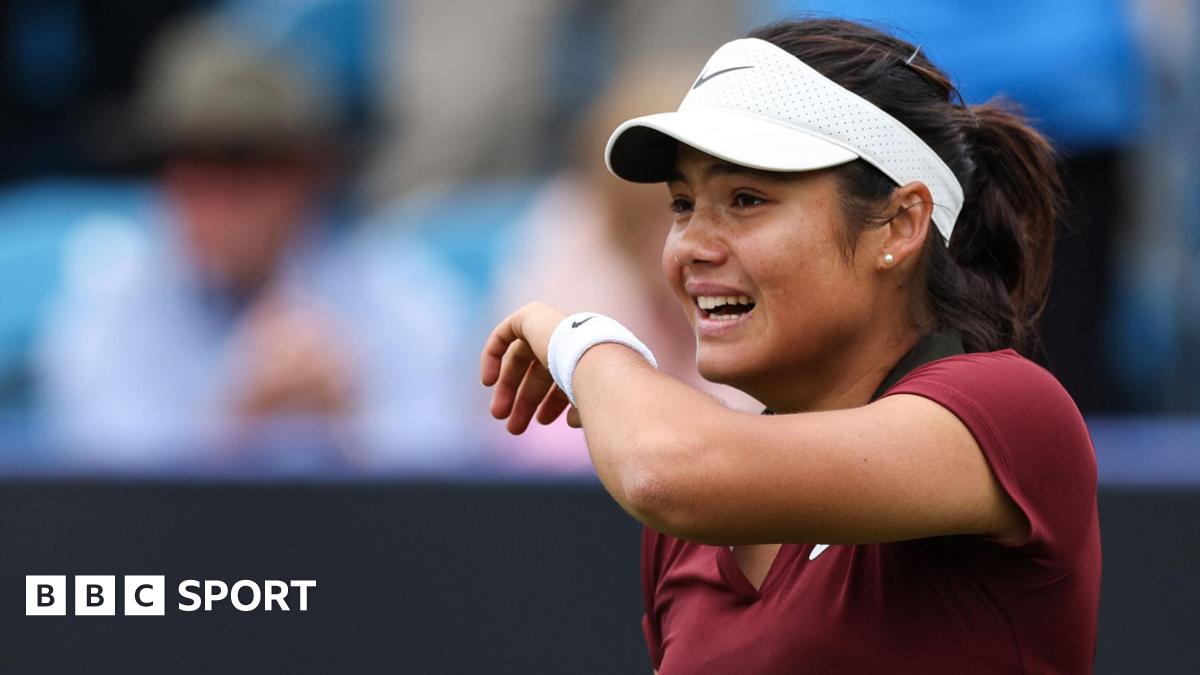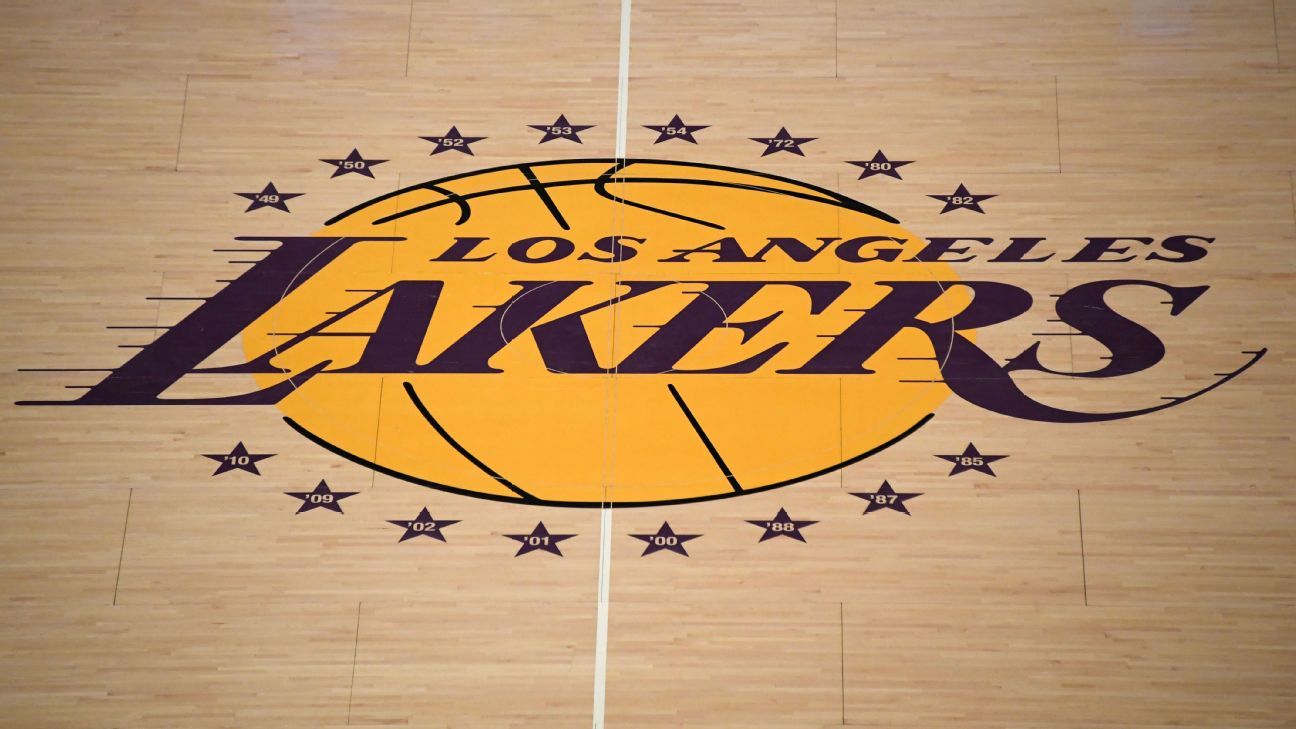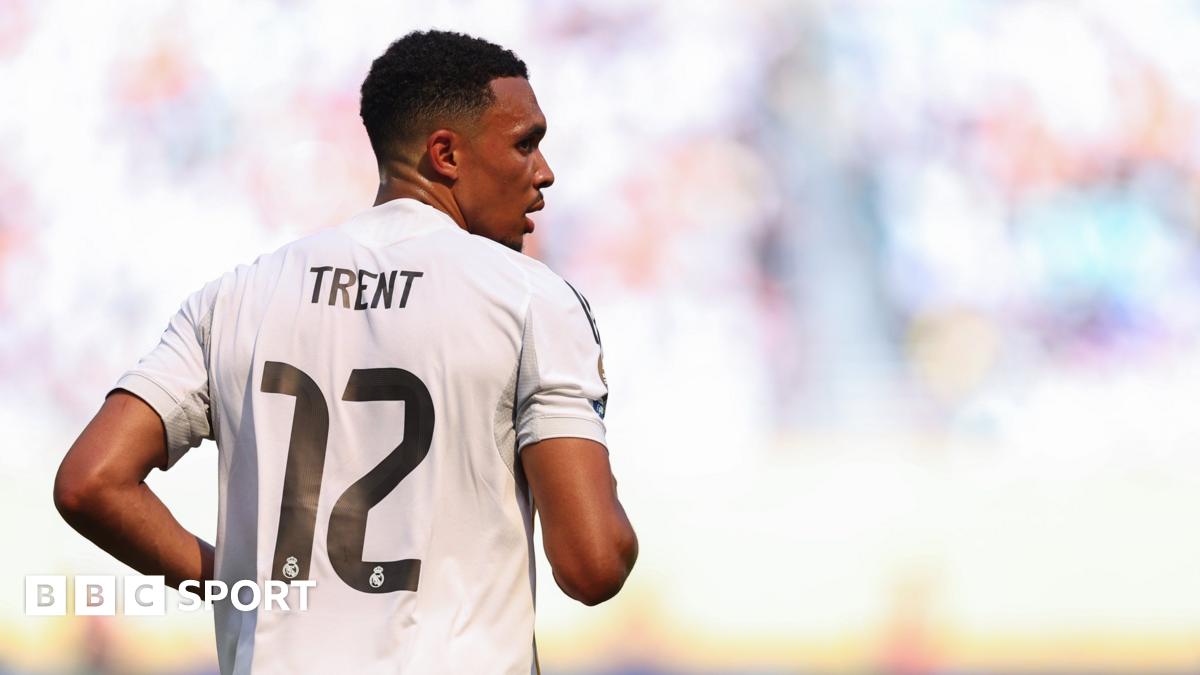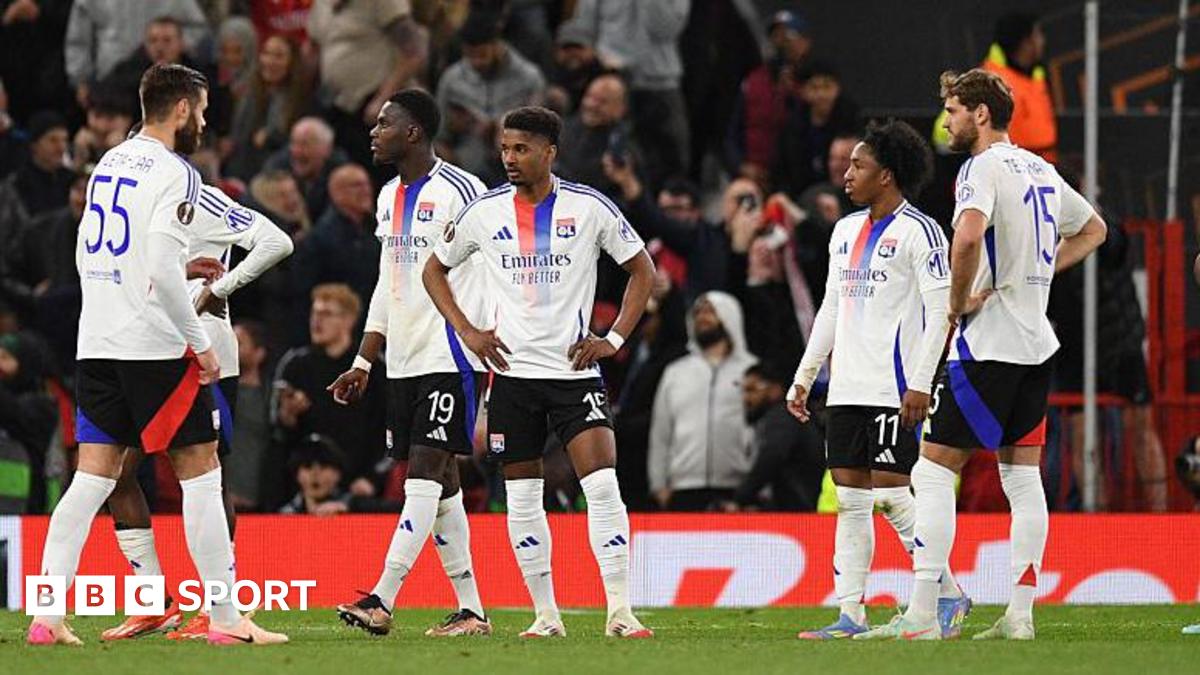ESPN News Services
Jul 2, 2025, 02:41 PM ET
Aryna Sabalenka advised Alexander Zverev to address his mental health before such issues "destroy" him, with the world No. 1 pointing to herself as an example of a player who benefited from speaking with a therapist and her family.
Zverev, the No. 3 seed at Wimbledon, was eliminated by Arthur Rinderknech in five sets Tuesday, his first opening-round loss at a Grand Slam since 2019.
The 28-year-old German, who has twice faced allegations of domestic abuse, acknowledged after the loss that he has been struggling mentally since the Australian Open, saying, "It's difficult to find joy outside the tennis court for me at the moment."
He continued, "I've been through a lot of difficulties in the media. I've been through a lot of difficulties in life generally. I've never felt this empty before. Just lacking joy, just lacking joy in everything that I do. It's not necessarily about tennis. Just lacking joy outside of tennis, as well."
Zverev told reporters that he felt "very, very alone" and would consider therapy, noting, "for the first time in my life I'll probably need it."
Sabalenka, speaking after her second-round win over Marie Bouzkova on Wednesday, said she had a therapist for five years.
"I stopped, I don't know, maybe in 2022. It's crazy to hear from someone like Alexander, because he has surrounded himself with his family," Sabalenka said. "It's really important to be open and to talk about what you're experiencing, because if you're going to keep it inside, it's just going to destroy you. I think that's something happening to him.
"He just needs to open up to whoever is close to him ... people who can accept whatever you're dealing with. The moment you start talk about your problems, you start realizing a lot of things. It helps to solve them."
Madison Keys, whose Australian Open triumph in January came in her 46th Grand Slam appearance, spoke then about how therapy helped her play her best tennis. She said Wednesday that mental health was being discussed more openly on the tours.
"I think it's definitely got more open," Keys said. "I don't really remember it being a talking point much. I think more and more players are open to saying, 'I'm talking to someone.' I would say there's probably more of us that are speaking to someone now than there was before.
"We have people every single week at tournaments, which is super helpful. Just to have that support, I think they've done a really good job at really helping all of the players through what is a really tough career."
Sabalenka said she no longer needed a therapist and that she often dealt with her issues by interacting with her team.
"We always talk a lot ... we can talk about whatever," she said. "I know they're not going to judge me and not blame me. They're going to accept it, and we're just going to work through it. This is the best advice I can give Sascha."
Reuters contributed to this report.


